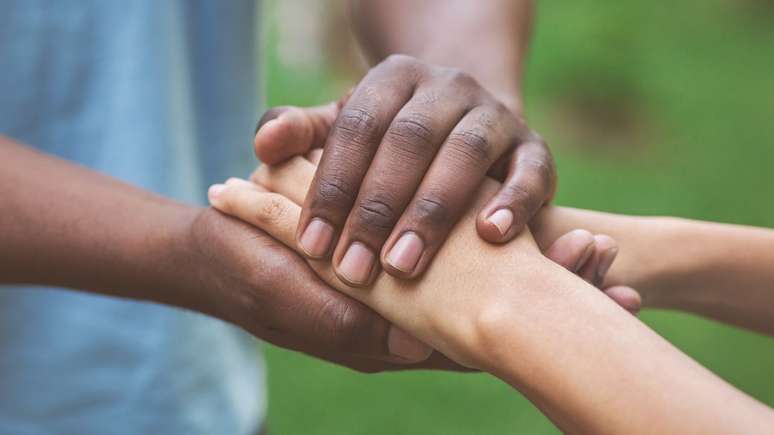Maintaining your physical activity routine in cold temperatures also offers benefits for your body and health. Find out why train in the cold
Decidedly train in the cold It’s a real challenge for many people. After all, it takes a lot of concentration and discipline to leave the coziness of home to go to the gym to get your body moving even on an overcast day, with thermometers showing low temperatures.
html[data-range=”xlarge”] figure image img.img-20696c4132e88dcc17b42e9e8014766eolx2oa13 { width: 774px; height: 516px; }HTML[data-range=”large”] figure image img.img-20696c4132e88dcc17b42e9e8014766eolx2oa13 { width: 548px; height: 365px; }HTML[data-range=”small”] figure figure img.img-20696c4132e88dcc17b42e9e8014766eolx2oa13, html[data-range=”medium”] figure figure img.img-20696c4132e88dcc17b42e9e8014766eolx2oa13 { width: 564px; height: 376px; }
Furthermore, climate change also usually raises common concerns for those who are starting to create an exercise routine, even causing some of them to stop exercising just for lack of knowledge.
For this reason the physical educators Clauber Carvalho and Ronaldo Godoi, founder and CEO of Red Fitness, clarified four major myths and truths about training in the cold. Find out what they are below and take the opportunity to learn more and optimize your results.
4 myths and truths about training in the cold
Exercising in the cold burns more calories
REAL.
“Exercising in the cold causes the calorie burn to be higher. This happens because exposure to the cold causes the body to expend more energy to maintain thermal balance, stimulating thermogenesis, the ability to burn calories for generate heat,” explains Ronaldo Godoi.
In the cold, we don’t need to hydrate ourselves so often
Myth.
According to Godoi, even in the coldest season of the year, it is important to continue consuming liquids to avoid dehydration and dryness of the skin, especially since the body is more susceptible to respiratory diseases, such as flu and colds.
“Maintaining the body hydrated ensures that cells and vital functions continue to function, preventing dizziness, fainting and even states of mental confusion. Dehydration causes worse performance, as well as fatigue, cramps, overheating of the body, for example” , he points out.
Hydration care, according to the professional, should follow the same recommendations as for the warmer seasons, with the intake of 250 ml of water more for every half hour of exercise.
Heating should be reinforced on cold days
REAL.
As the professionals explain, the muscles contract on colder days in an attempt to produce heat, causing a decrease in heart rate. Warming up, therefore, has a very important function in relaxing the muscles.
“The effect of this is to increase blood circulation and body temperature, as well as prevent injuries, professionals advise,” they point out.
Better to train less on cold days
Myth.
“It is very important to have a routine, even in the coldest season of the year, to achieve the desired results. Training in the cold is really worth it,” concludes Clauber.
Source: Terra
Ben Stock is a lifestyle journalist and author at Gossipify. He writes about topics such as health, wellness, travel, food and home decor. He provides practical advice and inspiration to improve well-being, keeps readers up to date with latest lifestyle news and trends, known for his engaging writing style, in-depth analysis and unique perspectives.








